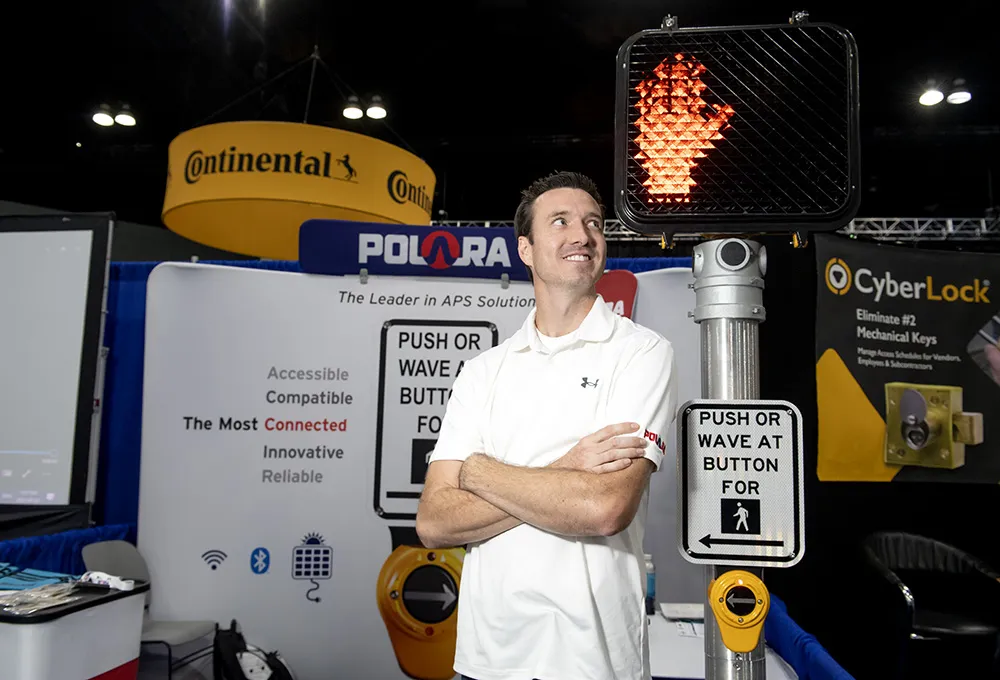
The study, undertaken by TRL on behalf of IAM RoadSmart, the FIA and the Rees Jeffreys Road Fund, aimed to evaluate the impact on driving performance of using in-vehicle infotainment systems such as Android Auto and Apple CarPlay.
The research explored both voice and touch control, with both found to distract drivers – though touch control proved the more distracting of the two, making driver reactions even worse than when texting while driving.
Reaction times at motorway speeds increased average stopping distances to between four and five car lengths - and drivers took their eyes off the road for as long as 16 seconds while driving, the study found.
The results revealed that participants’ reaction times when engaging with either system were over 50% slower than normal. Stopping distances, lane control and response to external stimuli were all impaired.
Significantly, the participants’ reaction times were slower than someone who had used cannabis and five times worse than someone driving at the legal limit of alcohol consumption.
Neil Greig, IAM RoadSmart's policy and research director, says: “While previous research indicates that Apple CarPlay and Android Auto perform better than more traditional buttons and controls, the results from this latest study raise some serious concerns about the development and use of the latest in-vehicle infotainment systems."
"Anything that distracts a driver’s eyes or mind from the road is bad news for road safety. We’re now calling on industry and government to openly test and approve such systems and develop consistent standards that genuinely help minimise driver distraction.”










